“So, spine is one dimension of you, which determines which direction you go. How your spine is functioning; how the energies in your spine are functioning right now determines almost everything about where you go.” ~ Sadhguru
The seat of major energy meridians, chakras, and neurons, the Spinal cord defines the quality of our lives. In a mother’s womb, the spine is the first thing that is formed, and then the body, limbs, etc., take root.
Let’s find out the significance of your spine on a spiritual journey
Spine, the Source of all Energy
From a physical point of view the spinal column is an important channel for all the bodily stimuli that are transferred via the nerves to the brain. It is part of our central nervous system along with the brain. But also on a spiritual level, the spine is the source of all our energy. It is where the three major energy channels or nadis in our body lie.
Starting from the base of the spine, the Ida and Pingala nadis move in spirals like the DNA helix, crossing at each chakra or energy portal. The third nadi, Sushumna, is the central channel of energy in the human body that runs from the base of the spine to the crown of the head and carries Kundalini energy, the primal evolutionary force within.
The seven major chakras, on the other hand, are located at the intersection of the Ida, Pingala, and Sushumna. These chakras are further responsible for our relationship to ourselves, others, and define our spiritual growth, our nature, thoughts, and so on.
Spine is referred to as Meru Danda in Sanskrit, where Meru also means the sacred mountain Meru from the Hindu Mythology, which was considered to be the axis of the Earth, having an entire solar system revolving around it. In other words, the spine is the axis for the human body, which acts as a connecting link between Earth and heaven.
According to Hindu mythology, once the gods and demons wanted to extract the nectar of immortality or ‘amrita’ and so they gathered near Mount Meru and started pulling the serpent coiled around Mount Meru back and forth. Thus churning the ocean of life to bring out the nectar of immortality. According to the Vedas, our spine is like Mount Meru, and when churned, the nectar of immortality and bliss, in terms of a disease-free & blissful life, can be extracted.
The Sacrum – The center of gravity
The spine has five different parts, cervical, thoracic, lumbar, sacrum and coccyx, out of this the most significant one is the sacrum. It lies at the base of the spine and joins the upper and lower halves of the body.
Judith Harris in her book, ‘JUNG AND YOGA: THE PSYCHE BODY CONNECTION’ said, “The center of gravity is located at the top of the sacrum, which thus makes sacrum the focal point of our relationship to the ground, to the body, and to our human reality. “
As the gravity passes through our body from the head to the knees and the feet, the sacrum acts as a pivotal center for the flow of energy in opposite directions. Harris added, “Gravity will draw feet into the floor, giving us the anchor that we need to live in the world” yet it is “counteracted by the tendency of living things to expand and grow upward toward the sun.”
In Hatha yoga, the sacrum is considered a sacred bone, because it literally connects the lower half of our body to the upper half. It is seen as a place of transformation, where the union of upper and lower, of above and below, of the divine and the human occurs.
The fact that most of us are suffering from lower back pain is because of neglecting this area and being disconnected from ourselves. Here is a simple spinal meditation to keep your spine healthy and free of blockages, with healthy wiring and firing of neuron transmissions.
Keep our spine straight and in line with the head and neck. Therefore, ensuring a proper posture for the uninterrupted flow of the Prana in our body.
Activating the Spine with Meditation
“You’re only as old as your spine is flexible.” ~ Joseph Pilates.
This holds true in its entirety, as our age is not defined by the number of years we have spent on the material plane, but it is based on the wear and tear of the various organs of the body, the ability of our cell to regenerate and keep us supple and flexible.
With the help of yoga and meditation, the age process can be reversed. Like the five Tibetan rites that result in youthfulness and longevity, spine meditation can lead to a healthy and a balanced life with an unrestricted flow of Prana in our system.
Here’s a step-by-step procedure to start Spine meditation
Step 1: Sit comfortably on a chair or on the floor in an easy pose, with your back erect and preferably away from the wall. Bring your hands in Meru Mudra, fold all your fingers towards your palm, while keeping just your thumb straight, pointing towards the sky in a thumb’s up position. Now, rest the hands on your thigh and stay here for a while.
Step 2: Close your eyes and bring your awareness to your breath. Feel the breath touching the tips of your nostrils, passing through the nasal passages to the lungs, diaphragm, abdomen and all the way out.
Step 3: Gradually move your awareness to the spine and visualize it. The long structure with curves and vertebrae, the spine will be easily visible in its perfect form. Look at your spine as an observer and gently move your awareness up and down, analyzing the curves of the spinal column.
Step 4: As you move your awareness in the spine, acknowledge a thread or the silver cord in the center of the spine, running from the base of the spine to its tip. This cord is the sutratma or the thread of life, which connects us to our higher self, reaching us in our physical body. Also, it connects all our bodies together, starting from the physical body to the ethereal body to the astral body, so on and so forth.
Step 5: Keep visualizing this silver thread and feel it lighting, which further fills your entire body with a new upsurge of energy. The silver cord removes any blockages in your spine from the light emitting from it as it heals all obstructions in the free flow of the prana or the life force, leaving you energized and recharged.
Keep at the meditation for as long as you want and recharge yourself completely. With regular practice, visualizing the spine, the silver cord and the light would become easier and quicker.
The spine is the axis on which the human body revolves. Keeping your axis supple, healthy, flexible and hydrated will reap long-term benefits both materially and metaphysically. But it is important to keep a good posture and practice this meditation as and when you can.
The Amazing Power of Your Spine
Image Source




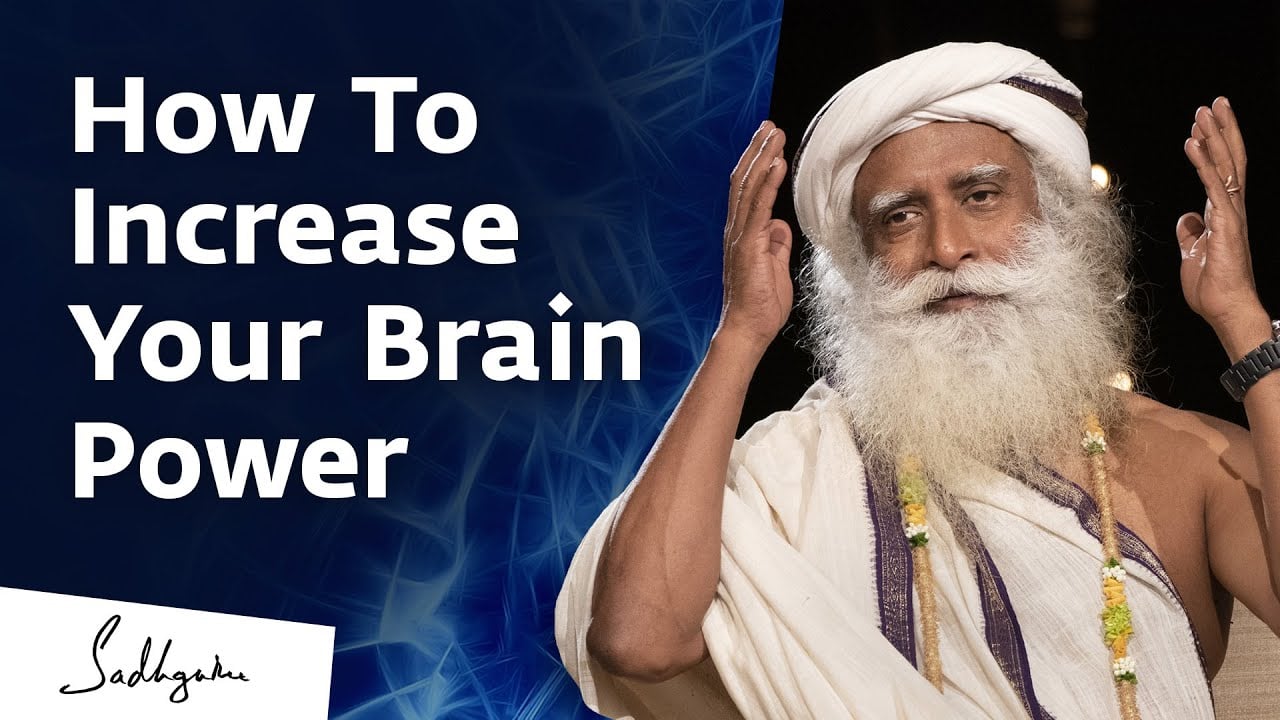






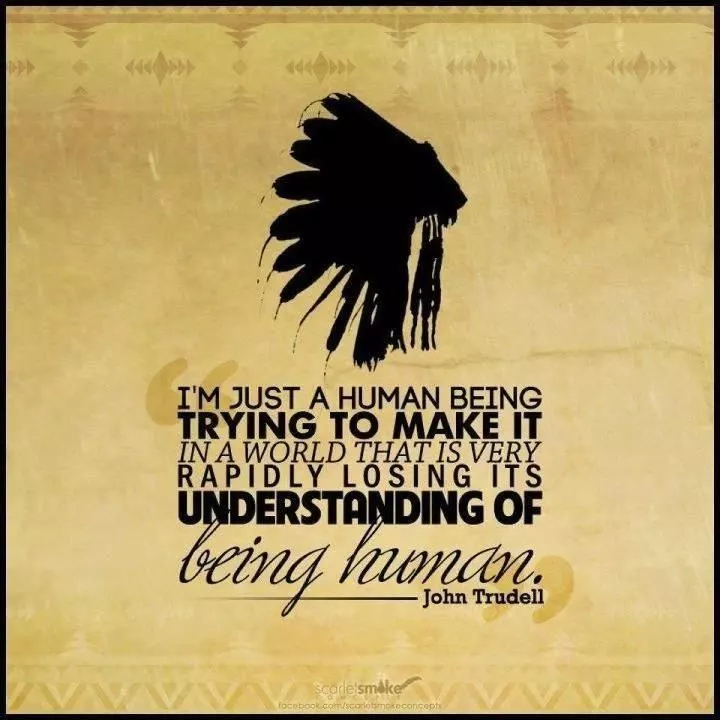
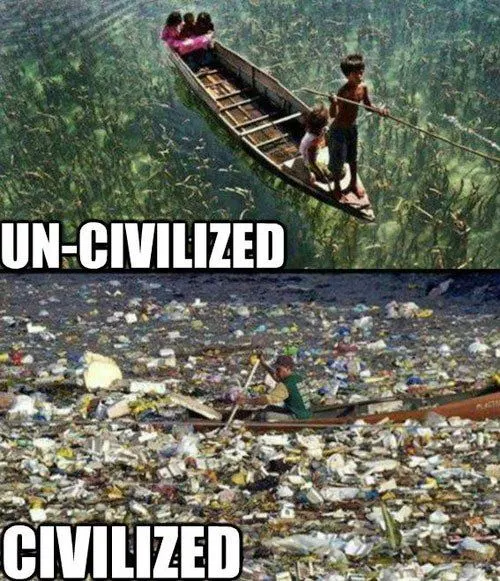

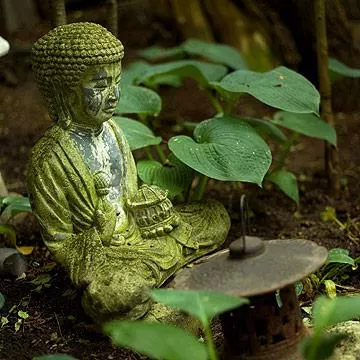
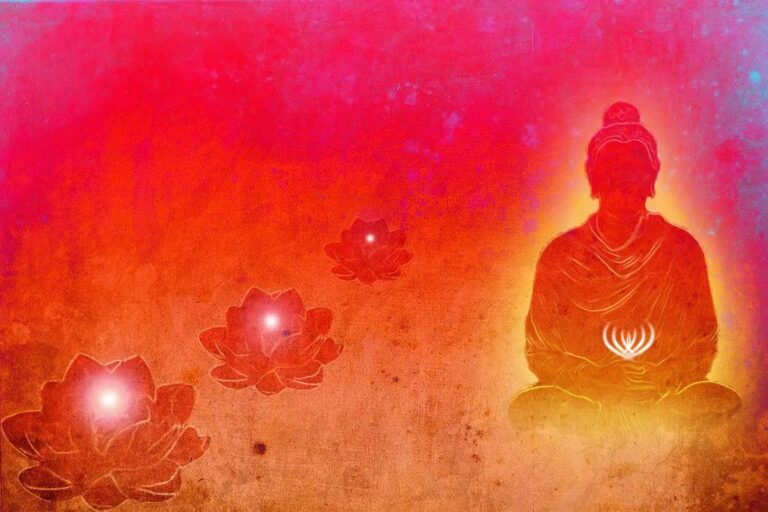


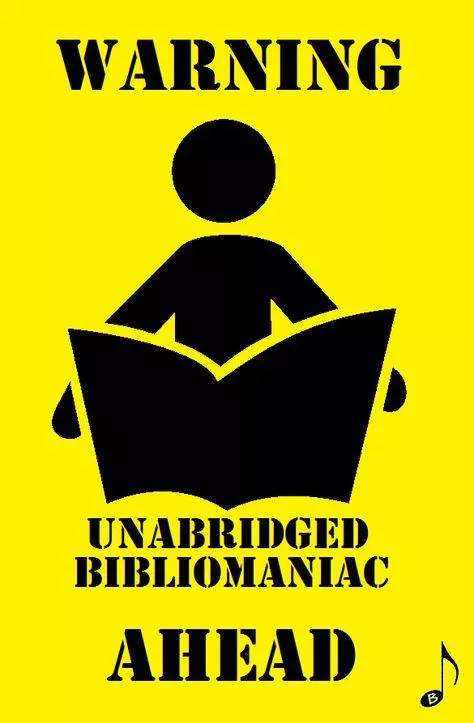

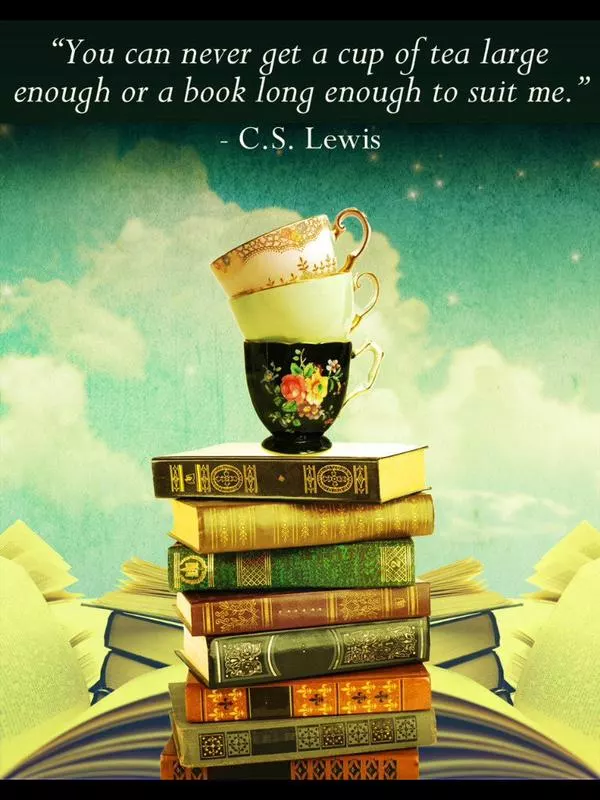

 Reading can be a form of psychological longevity. It actually adds value (time) to our lives. It can actually aid us in living multiple lives within a single lifetime. When we read, we traverse dimensions.
Reading can be a form of psychological longevity. It actually adds value (time) to our lives. It can actually aid us in living multiple lives within a single lifetime. When we read, we traverse dimensions.


